The KHDA, Dubai’s schools regulator, has approved a 3 per cent fee increase for the new academic year starting in September 2023. Whilst the news will be a blow to many struggling families, the majority of parents are resigned to the reality of fees needing to rise. The KHDA, after years of freezing fees, had no choice but to permit the increase to protect the quality of education in the UAE, ensure that schools could continue to invest – and enable schools to deliver needed pay rises to teachers.
The KHDA told us:
“The approved fee increase takes into account the economic situation of the emirate, as well as the operational costs of running a private school while maintaining the quality of education.”
Worth noting that the right to increase fees is not automatic; all schools must apply to the KHDA once meeting these thresholds and the KHDA will make a final decision weighing up the hugely complex and competing interests and needs at play, including taking into account, always, the views and needs of parents.
Most parents will face a 3% increase, although the situation is different for schools that either drop a rating, or achieve a higher rating, in their inspections.*
- For schools that drop a rating no fee increase will be permitted. The view is that parents should not have to pay for increased fees if the quality of education in their schools has fallen.
- For schools that have improved their rating, a calculation is used to determine the exact level of fee increase. This can be up to 6%. The rise is justified because parents and their children will see a much higher standard of education than they expected. Increases in inspection rating usually result from greater investment by schools in teachers and facilities and overall significantly better performance for students.
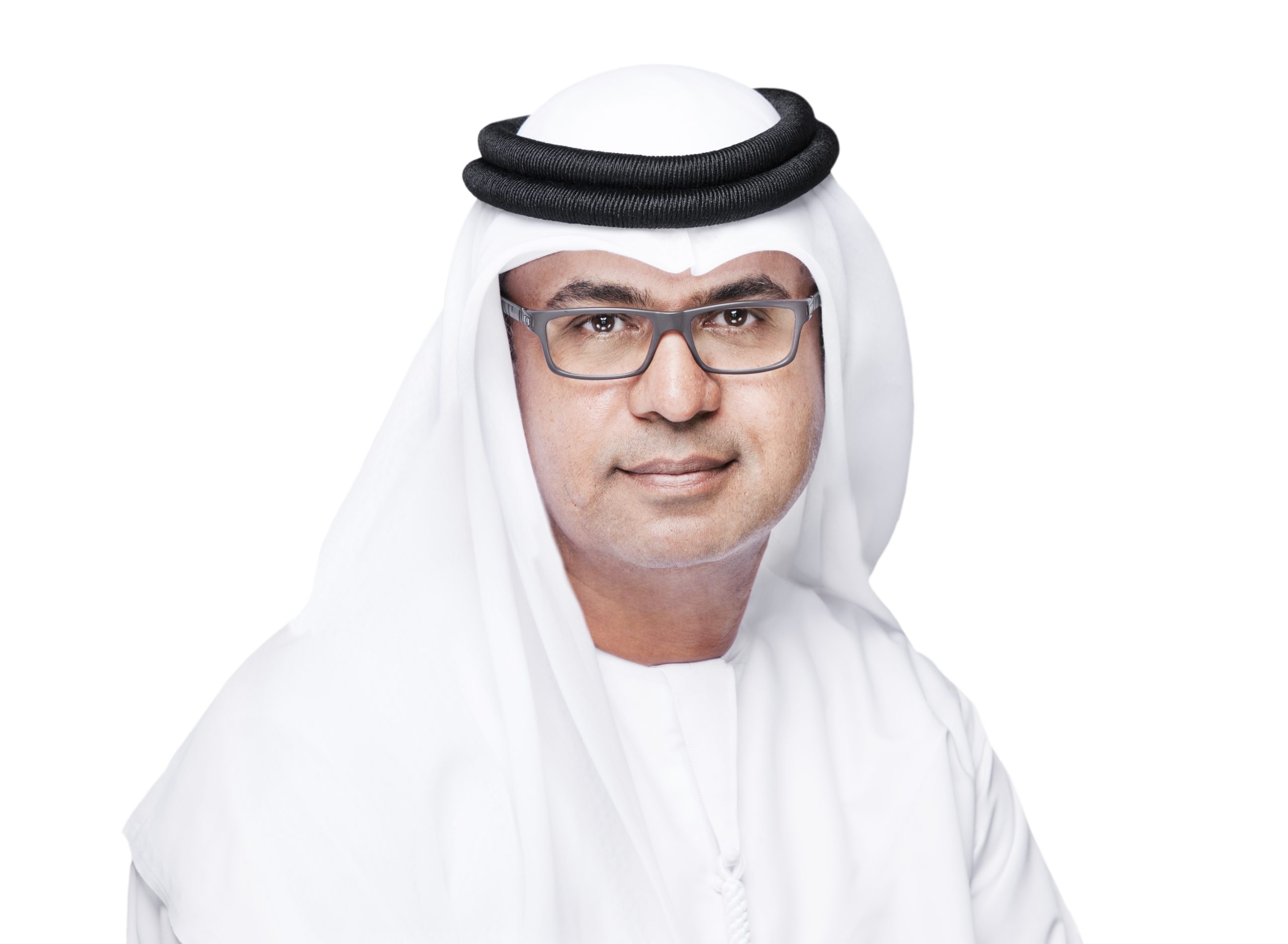
Mohammed Darwish, Chief Executive Officer of Permits and Compliance, Knowledge and Human Development Authority, explained:
“The School Fees Framework emphasises the quality of education offered by schools as the foundation for any adjustments allowed in school fees.
The framework also provides transparency for families and offers them a choice of schools that match their financial and academic requirements.”
Mr Darwish continued:
“The framework was developed to allow schools to develop long-term growth plans while sustaining their current operations to provide a high quality of education to students.
We have worked closely with our stakeholders to ensure the school fees framework continues to support a robust and reliable private education sector that offers families a choice of affordable and high-quality education.”
Parents who have genuine reasons for struggling to pay the fee rises at the time they are due are encouraged to contact their schools. Most schools will be understanding in cases of exceptional, short term distress caused by issues such as illness or redundancy. Dubai’s best schools have either published, or unpublished, bursary programmes and procedures.
The KHDA have also encouraged huge competition in the sector by inspiring the opening of high quality new schools in Dubai. This encourages competition to provide downward pressure on prices – and opens up options for parents to change schools to lower cost, but often better performing schools. Twenty-two new schools have opened in Dubai in just the last three years, bringing the total number of private schools in Dubai to 216.
The news comes at a time in which Dubai is seeing an influx of families, encouraged by the attractiveness of the emirate as a beautiful place to live, its being a safe haven from the chaos in other parts of the world, the outstanding quality of its schools, its overall significantly lower inflation than other countries, economic growth – and the emirate’s deep commitment to family life.
GEMS Education responds
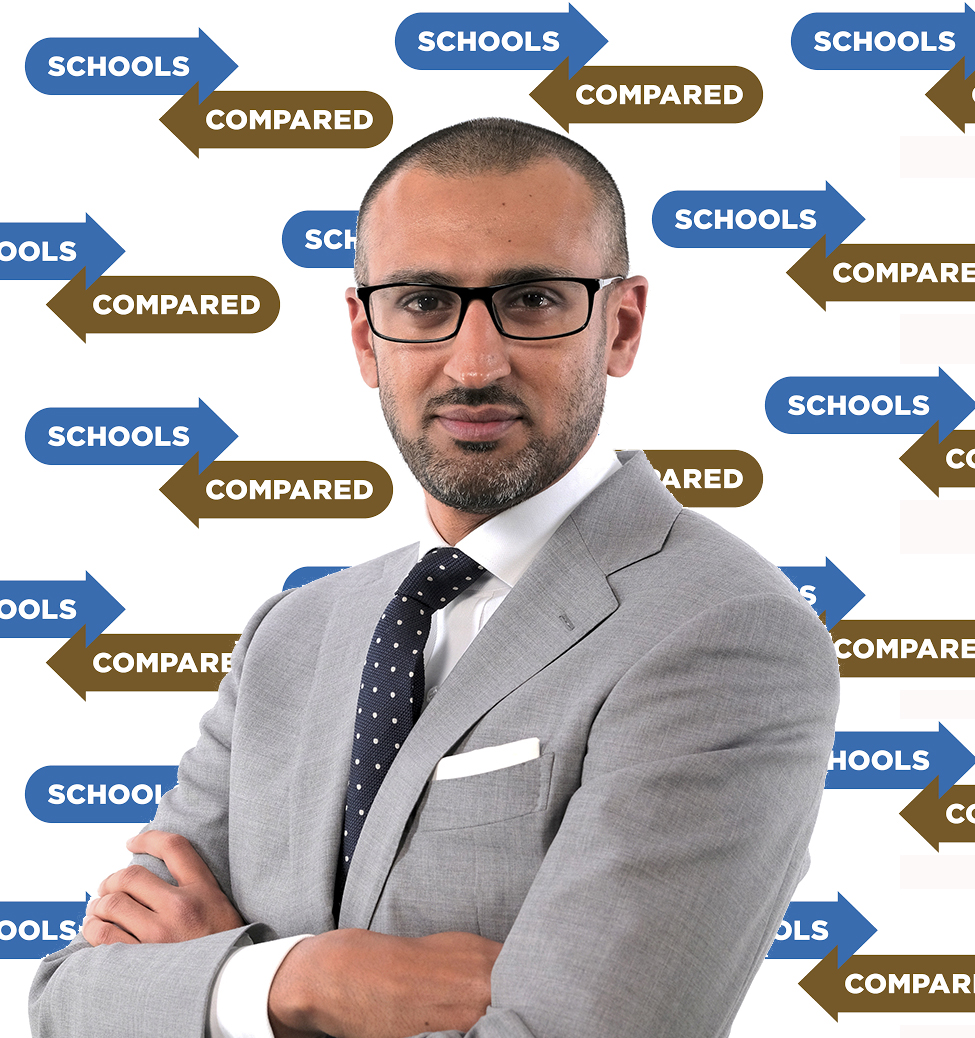
Speaking with SchoolsCompared.com, Dino Varkey, Chief Executive Officer, GEMS Education, told us:
“Today’s decision by KHDA to increase school fees for academic year 2023-24 empowers us to invest further in our teachers and facilities, the foundations of a quality education for every GEMS Education student.”
Mr Varkey, in a strong, and welcome, vote for the Group’s outstanding teachers emphasised above all,
“We are pleased to confirm today that we will be implementing teacher salary increases in April for our Indian curriculum schools and in September for our international schools.”
EDSTATICATM analysis – the background – and what it means
EDSTATICATM, the regions education sector Intelligence and data Hub (paywalled access here), provided the following analysis:
“School fees have been largely kept in check by regulators, with only ‘not-for-profits in Dubai (Dubai College, DESSC, JESS Arabian Ranches…) able to raise their fees since 2019-2020. In the wider UAE schools were not kept under such tight control, but any increase has been tempered by parents and the need to be competitive, and by the need to seek regulator/MoE approval. Abu Dhabi has considerably lower fees on average (it only has one ultra premium fee school – Cranleigh to Dubai’s 13 (defined as schools with average fees above 75,000 AED per annum). Sharjah’s most expensive school is Victoria International, it is the only IB school in Sharjah, and has fees of ‘just’ 53,500 AED.”
[…]
“In the academic year 2022/2023, EdStatica estimates a 2% increase in fees – which comes also from new schools in the market which opened with higher average fees than the market (In 2022 five schools opened with average fees of AED 53,500. The UAE average is AED 36,500.)”
[…]
“Based on 2023 data, 16% of parents of Value fee schools will cite “Fees” as the primary reason they chose the school, compared to 0% at Ultra-Premium schools. Ultra Premium parents cite the “School ethos and values”, and its “feel” as their most important considerations. Note the feel of the school is the most important consideration for parents going to Value fee schools too (21% to 25% at UPs), so too its values (16% versus 32% at UPs).”
[…]
“What the analysis suggests is that there is scope – economically although not necessarily socially – for increasing divergence between the small but very important groups of premium and ultra-premium schools in Dubai, and the value segment, where inflationary pressures matter much more and the scope to increase fees is limited by a parent’s ability to pay.”
Calculations
The KHDA use this formula to calculated permitted school fee increases:
- Schools that have improved their rating from Very Weak to Weak, from Weak to Acceptable and from Acceptable to Good can increase their fees by double the ECI (6%).
- Schools that Go from Good to Very Good can increase their fees by 1.75 times the ECI (5.25%).
- Schools going from Very Good to Outstanding by 1.5 times the ECI (4.5%).
This is a fast developing story and will be updated.
© SchoolsCompared.com. A WhichMedia Group publication. 2023. All rights reserved.
















































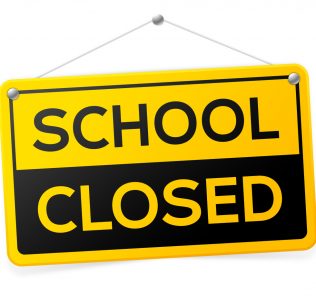


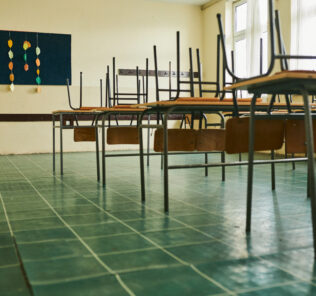

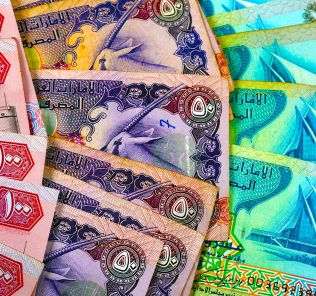


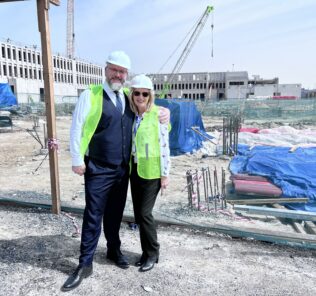

















Leave a Response